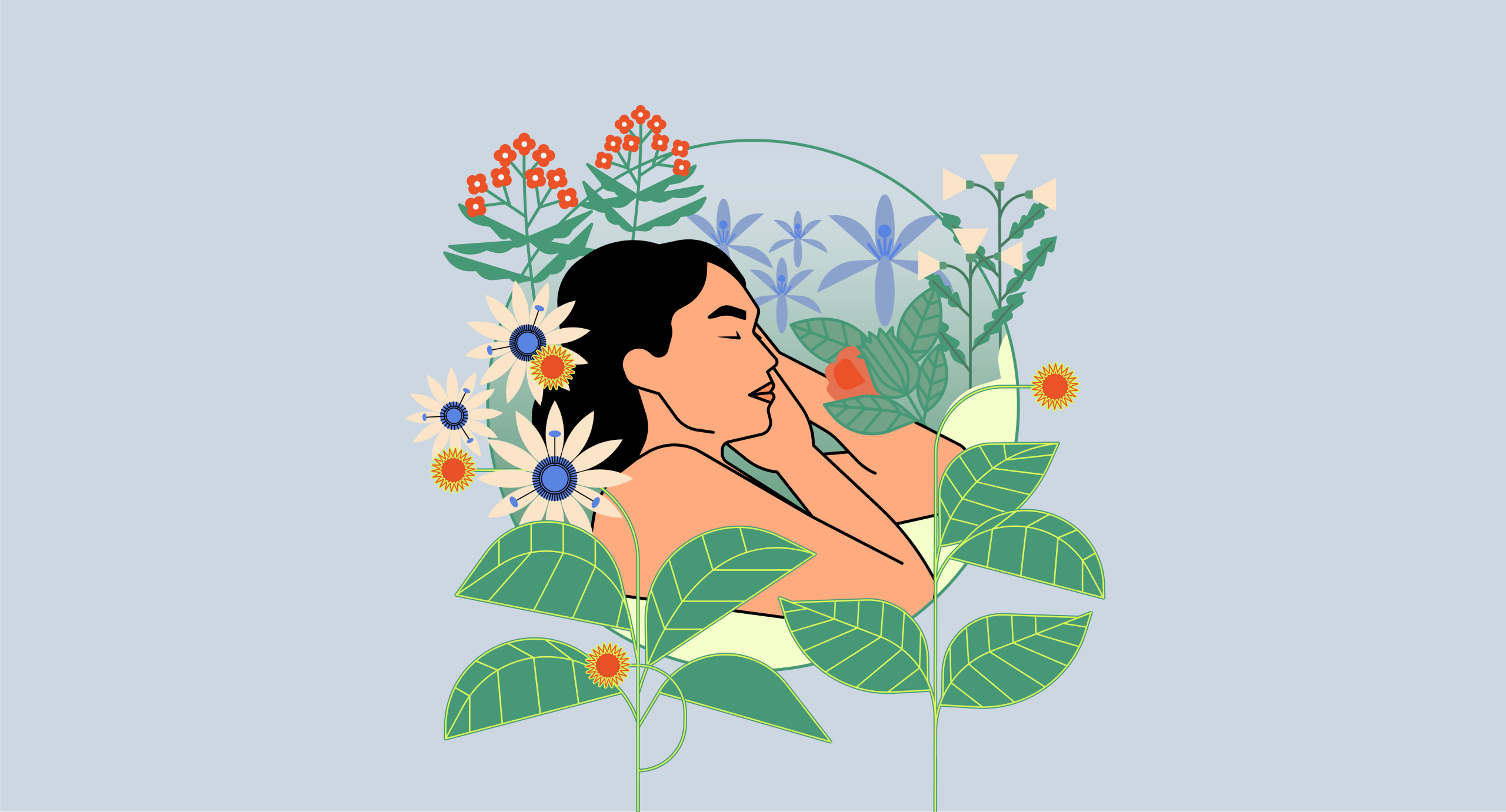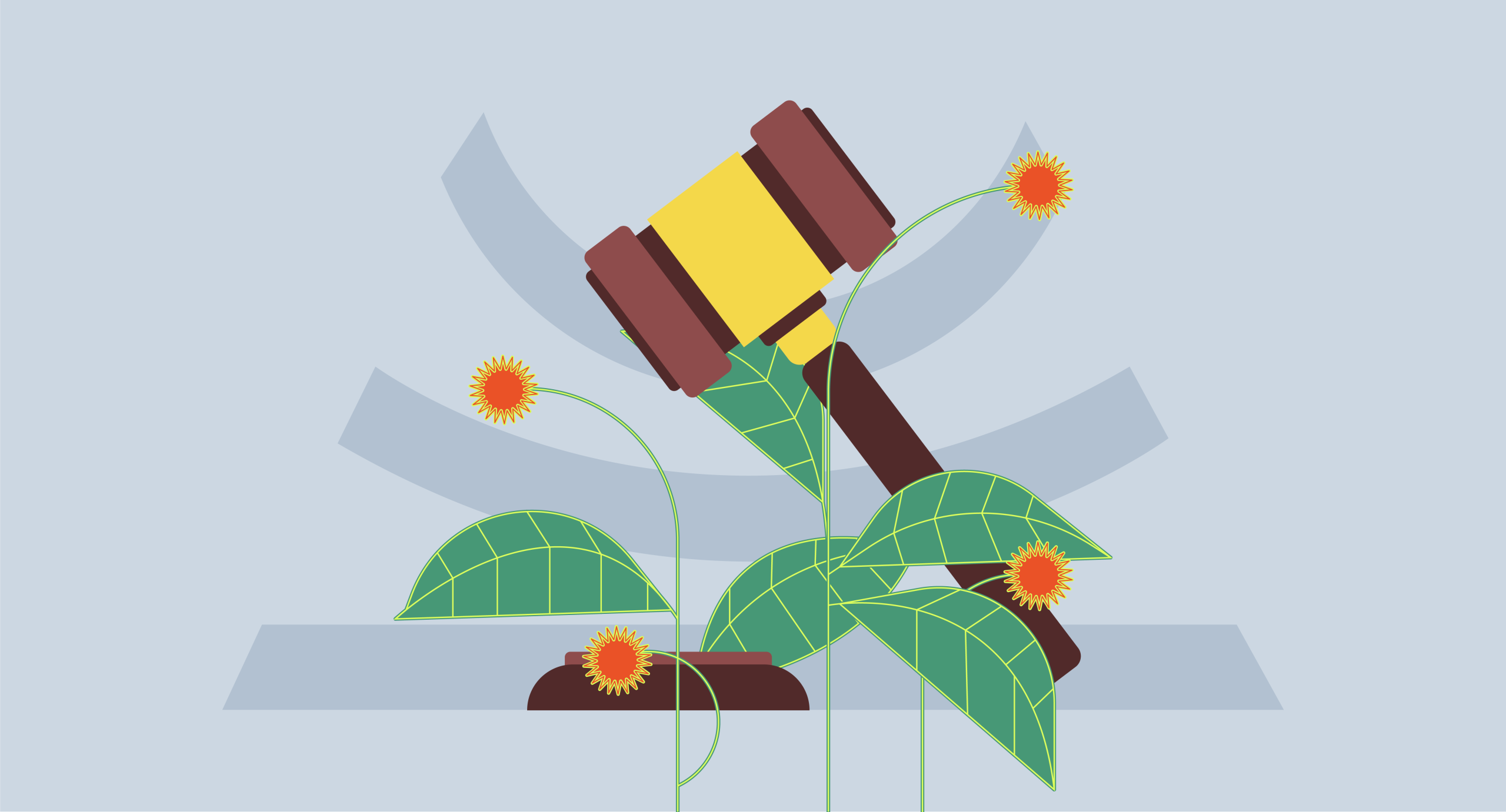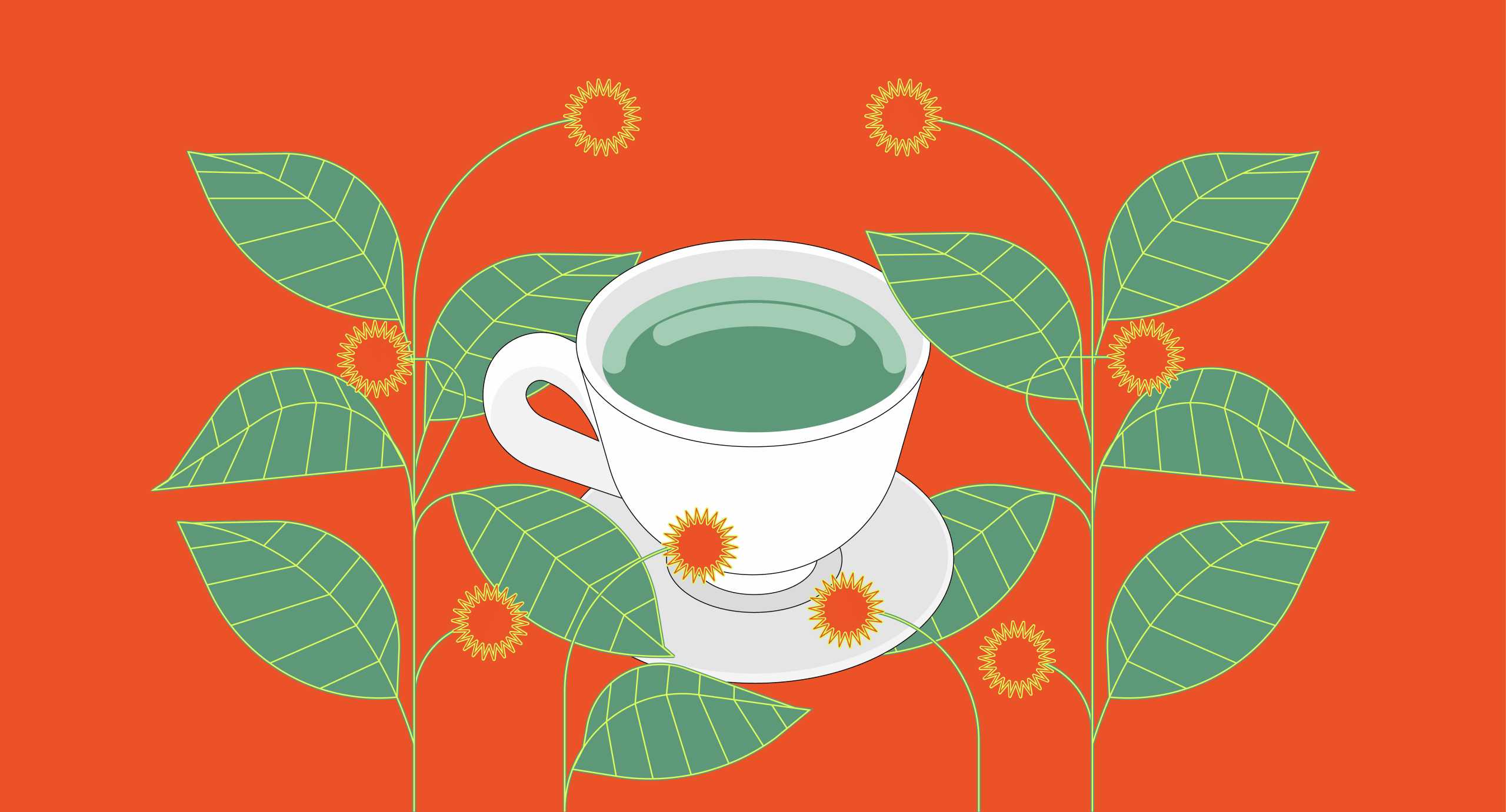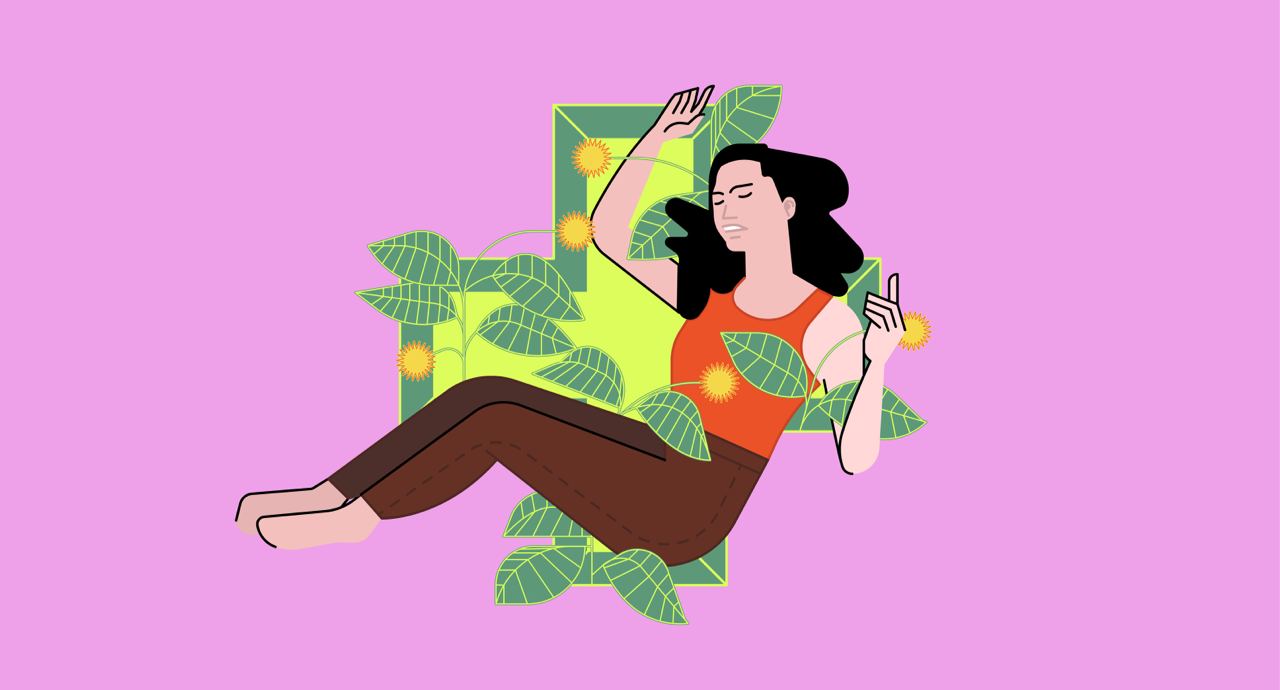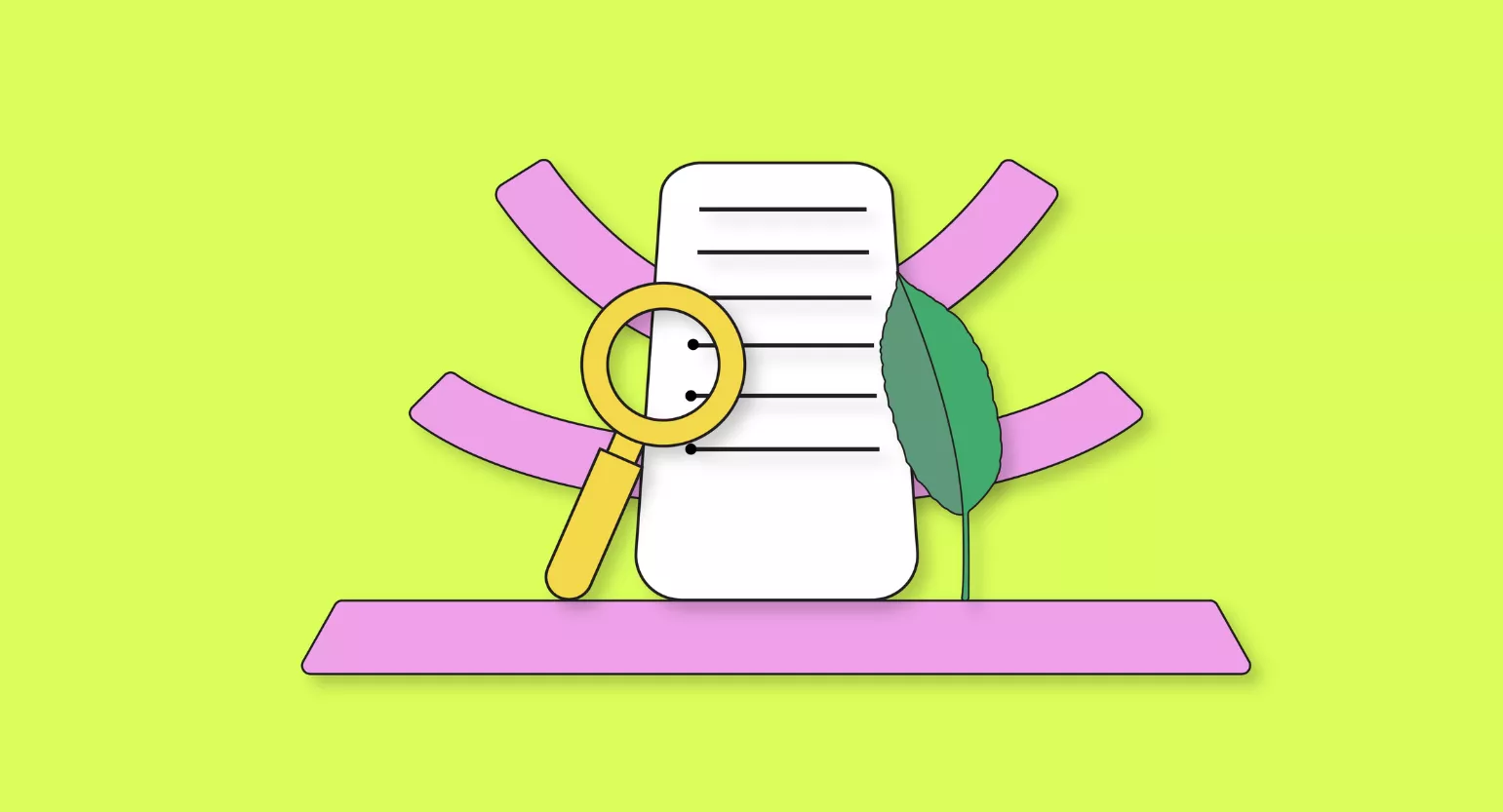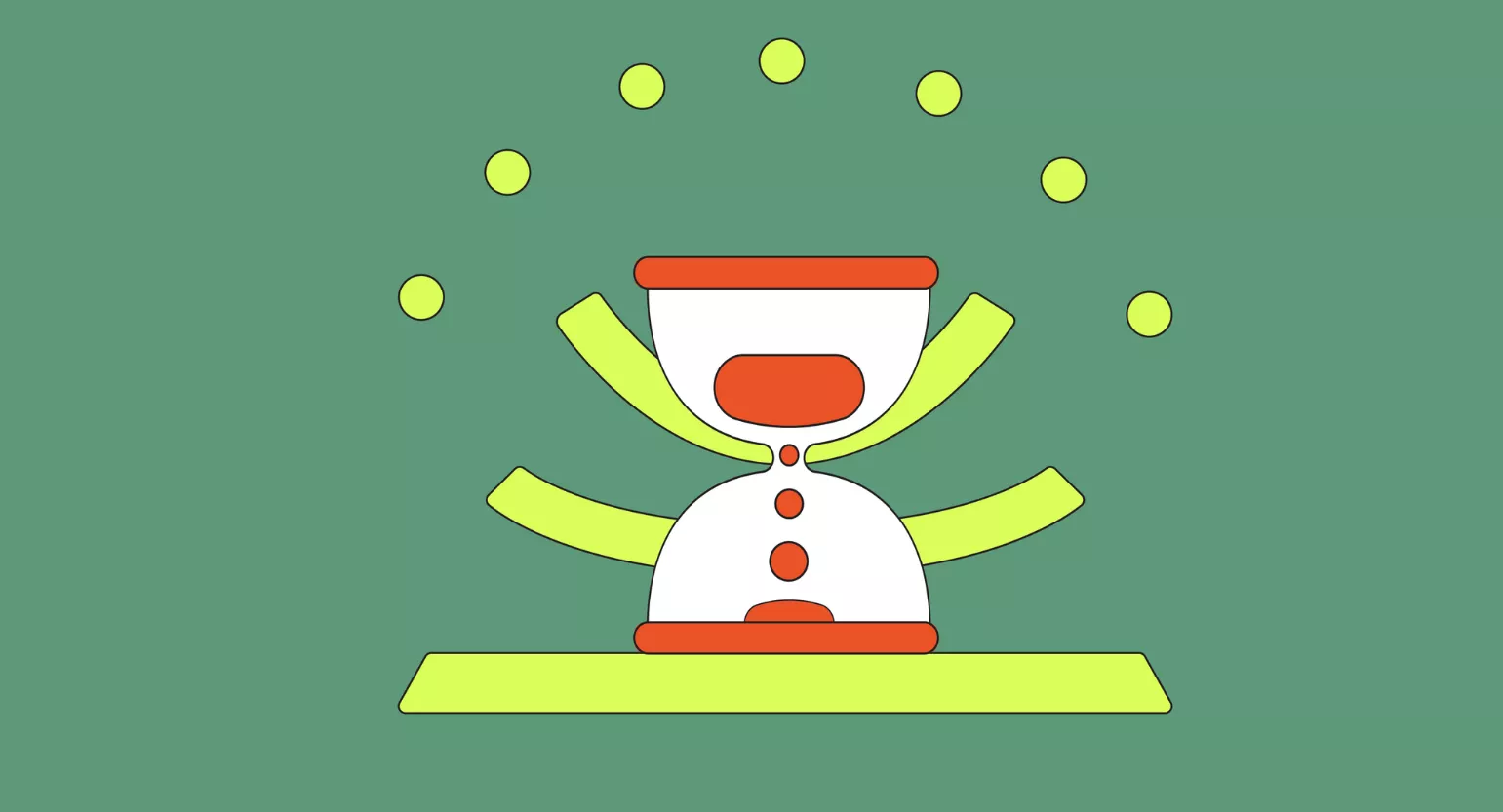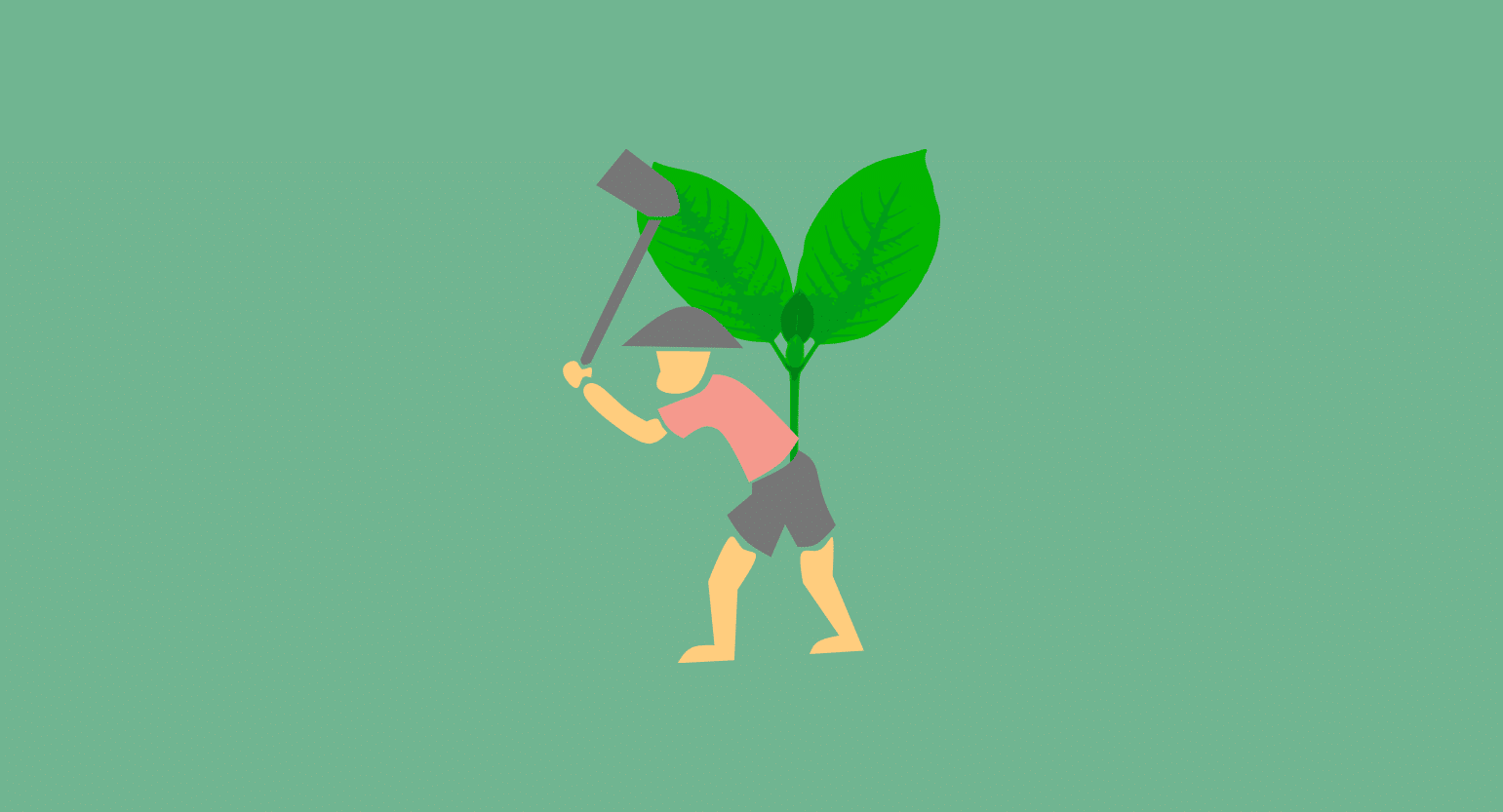Why We Struggle to Fall & Stay Asleep
There are many reasons why an individual may struggle to fall or stay asleep. Included in the underlying causes are abundant stress, unhealthy sleeping and eating habits, and overwhelming life changes.
Most people are familiar with the symptoms of lack of sleep. Most people include fatigue throughout the day, difficulty concentrating on tasks, irritability, and a general inability to maintain a normal sleep schedule.
6 Common Causes of Insomnia Include:
- Chronic or acute stress
- Sleep apnea
- Chronic or acute pain
- Diabetes or hypoglycemia
- Side effects of medications or supplements
- Jet lag
When Does the Inability to Sleep Become an Issue?
Most experts maintain that some fatigue or tiredness in daily routine is normal and expected in healthy adults. However, insomnia and the inability to sleep can become a medical issue if it interferes with your ability to work or carry out your daily routine. It can also be an issue if you fail to feel well-rested even after a full night’s sleep.
In any of these cases, it might be helpful to seek a natural or otherwise solution to help you sleep normally.
The Benefits of Using Herbs for Sleep
Herbs have helped countless individuals get a better night’s sleep. We’ve been using them for centuries.
Most herbs that promote sleep suppress the central nervous system (CNS). When neuronal activity is suppressed, we feel more relaxed and are able to fall asleep much more easily.
Some herbs act as sleep aids by regulating serotonin levels — a neurotransmitter that is closely linked to our ability to fall and stay asleep.
Other herbs are useful as sleep aids because they help regulate hormones that are responsible for our sleep cycles.
Some herbs tackle sleep indirectly — by reducing chronic pain that’s keeping us awake, balancing blood sugar levels, or helping the muscles to relax.
Best Herbs to Use as Sleep Aids
A variety of herbs have been used as natural sedatives and sleep aids in traditional medicine for thousands of years. Below are some of the most popular herbs to promote sleep and restfulness.
1. Kratom
Kratom (Mitragyna speciosa), a herb grown primarily in Southeast Asia, works as a sleep aid on several levels. First, kratom is known to help regulate serotonin levels, which can aid in our ability to fall asleep [1].
Certain strains of kratom are also known to be central nervous system depressants [2]. Specifically, red vein kratom reduces the number of nerves firing in your CNS, which promotes relaxation and relieves pain.
As such, red vein kratom is commonly used as an anti-anxiety supplement. If anxious thoughts or chronic pain are keeping you awake at night, red-vein kratom could be a worthwhile solution to try.

2. Cannabis
Certain strains of cannabis have long been noted to promote restfulness and deep sleep. Two of the primary cannabinoids in cannabis — tetrahydrocannabinol (THC) and cannabidiol (CBD) — interact with the human endocannabinoid system. This system is responsible for nervous system activity and regulation of neurotransmitters.
By controlling neurotransmitter activity, some strains of cannabis can act as a sedative and may help promote restfulness [3].
Most cannabis users recommend indica strains as sleep aids. Sativa strains are reportedly better options for promoting wakefulness and a boost in energy levels.
Related: Cannabis & Kratom: What’s The Difference? Can They Be Mixed?
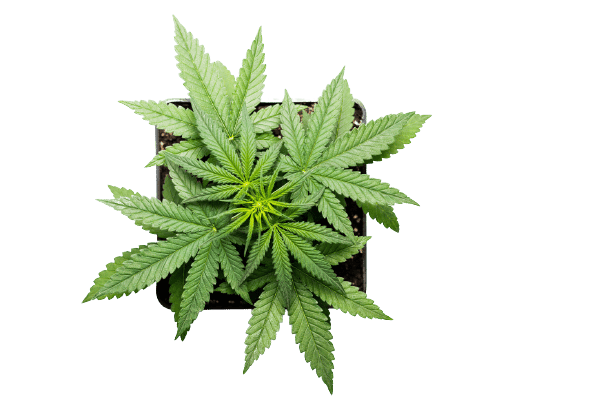
3. Valerian Root
Valerian root has been used as a sleep aid and a muscle relaxer in traditional medicine for thousands of years. Experts believe that the herb encourages GABA activity — a neurotransmitter that is directly linked to restfulness and relaxation.
Recent scientific research also suggests that valerian root could promote better sleep latency, which means it might help you fall asleep more quickly [4].
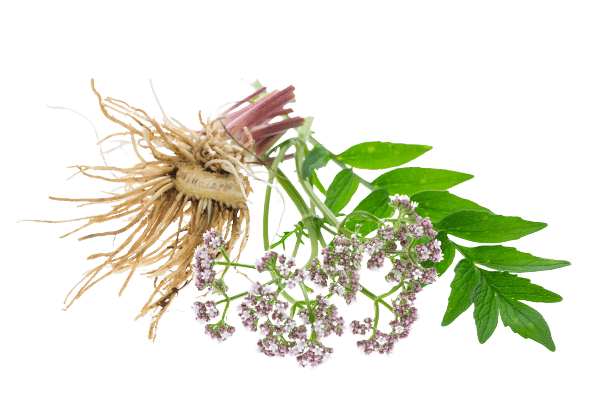
4. Chamomile
Chamomile (Matricaria chamomilla) is one of the most widely used herbs in traditional medicine for relaxation. Experts believe that flavonoids in the plant suppress central nervous system activity [5]. Chamomile has also been used in traditional medicine to reduce anxiety, so it may help you sleep better if anxious thoughts prevent you from getting sleep.
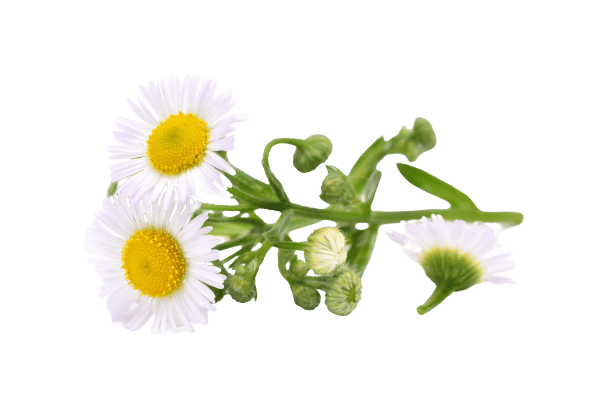
5. Lavender
Linalool, a terpene prevalent in cannabis, is also found in lavender. Experts believe that when this terpene is inhaled, it triggers signals to your brain via your olfactory nerves, which can affect neurotransmitter levels responsible for sleep [6].
Additionally, this terpene gets absorbed by the alveoli in your lungs and eventually passes through the blood-brain barrier, more directly affecting your brain chemistry.

6. Passionflower
Like chamomile, passionflower has its place in traditional medicine as a sleep aid and a muscle relaxer. In modern medicine, science suggests that the flavonoids in passionflower help promote better sleep naturally and may help you fall asleep more quickly [7].

7. St. John’s Wort
St. John’s Wort (Hypericum perforatum) is a weed that is prevalent in many countries. It contains high concentrations of tryptophan — an amino acid directly linked to balanced serotonin levels [8]. As mentioned previously, serotonin levels play an important part in our ability to fall and stay asleep, so this herb is often used to promote sleep.
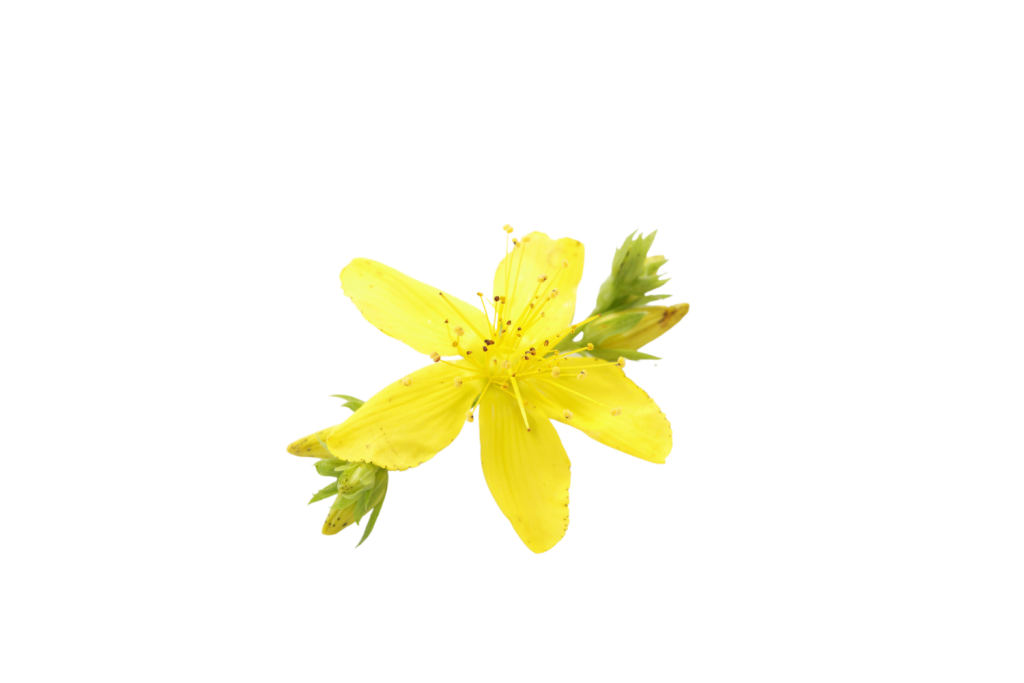
8. Ashwagandha
Ashwagandha (Withania somnifera), a herb that grows primarily in Asia, is often used in traditional medicine to reduce anxiety and stress.
The triethylene glycol in this herb is the compound responsible for suppressing the central nervous system [9]. Most users report that it improves sleep latency, as well as the quality of sleep.
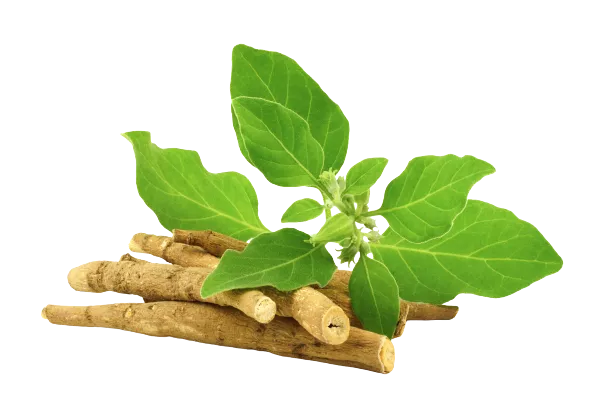
9. Holy Basil
Holy basil (Ocimum tenuiflorum) is believed to contain adaptogens, which are herbal pharmaceuticals that promote homeostasis (balance) in the human body. Those present in holy basil are believed to promote relaxation and restfulness. Holy basil has been used as a sleep aid in traditional medicine for centuries, and some recent research somewhat supports its usefulness for inducing relaxation and sleep [10].

10. Wild Lettuce
Wild lettuce (Lactuca virosa) has high concentrations of lactucin; a chemical believed to induce sleep. Some clinical studies show that wild lettuce is effective at promoting sleep [11], an idea that has been supported by traditional medicine throughout history.

11. Hops
Hops (Humulus lupulus) is a flowering plant that gives beer its bitter flavor. It contains methylbutenol, which is believed to aid in sleep. Hop flowers have been used to promote deep sleep for over a hundred years by traditional medicine practitioners, and modern research also suggests that they have some sedative capabilities [12].

12. Lemon Balm
Lemon balm is another herb that has been used in traditional medicine to treat anxiety and stress. If a racing mind is what is preventing you from falling asleep, lemon balm may help. There are some studies that suggest that lemon balm might be helpful for helping you fall and stay asleep [13].

Wrapping Up: Using Herbs as Natural Sleep Aids
Millions of healthy adults across the globe struggle to fall and stay asleep regularly. Many would never consider taking a prescription medication to help them sleep, but herbs that act as sleep aids are generally more accepted.
Most herbs that aid in sleep act as central nervous system depressants, reducing anxiety and stress before bed and triggering relaxation. Others affect levels of neurotransmitters and hormones that help promote a better night’s sleep.
Some of the most effective and natural herbs used for sleep include kratom, cannabis, chamomile, lavender, and valerian root.
- Johnson, L. E., Balyan, L., Magdalany, A., Saeed, F., Salinas, R., Wallace, S., … & Grundmann, O. (2020). Focus: Plant-based Medicine and Pharmacology: The Potential for Kratom as an Antidepressant and Antipsychotic. The Yale Journal of Biology and Medicine, 93(2), 283.
- Swogger, M. T., & Walsh, Z. (2018). Kratom use and mental health: a systematic review. Drug and Alcohol Dependence, 183, 134-140.
- Kesner, A. J., & Lovinger, D. M. (2020). Cannabinoids, endocannabinoids, and sleep. Frontiers in molecular neuroscience, 13, 125.
- Shinjyo, N., Waddell, G., & Green, J. (2020). Valerian root in treating sleep problems and associated disorders—A systematic review and meta-analysis. Journal of evidence-based integrative medicine, 25, 2515690X20967323.
- Srivastava, J. K., Shankar, E., & Gupta, S. (2010). Chamomile: a herbal medicine of the past with a bright future. Molecular medicine reports, 3(6), 895-901.
- Koulivand, P. H., Khaleghi Ghadiri, M., & Gorji, A. (2013). Lavender and the nervous system. Evidence-based complementary and alternative medicine, 2013.
- Ngan, A., & Conduit, R. (2011). A double‐blind, placebo‐controlled investigation of the effects of Passiflora incarnata (Passionflower) herbal tea on subjective sleep quality. Phytotherapy Research, 25(8), 1153-1159.
- Sharpley, A. L., McGavin, C. L., Whale, R., & Cowen, P. J. (1998). Antidepressant-like effect of Hypericum perforatum (St John’s wort) on the sleep polysomnogram. Psychopharmacology, 139(3), 286-287.
- Kaushik, M. K., Kaul, S. C., Wadhwa, R., Yanagisawa, M., & Urade, Y. (2017). Triethylene glycol, an active component of Ashwagandha (Withania somnifera) leaves, is responsible for sleep induction. PloS one, 12(2), e0172508.
- Jamshidi, N., & Cohen, M. M. (2017). The clinical efficacy and safety of Tulsi in humans: a systematic review of the literature. Evidence-Based Complementary and Alternative Medicine, 2017.
- Kim, H. D., Hong, K. B., Noh, D. O., & Suh, H. J. (2017). Sleep-inducing effect of lettuce (Lactuca sativa) varieties on pentobarbital-induced sleep. Food science and biotechnology, 26(3), 807-814.
- Franco, L., Sánchez, C., Bravo, R., Rodriguez, A., Barriga, C., & Juánez, J. (2012). The sedative effects of hops (Humulus lupulus), a component of beer, on the activity/rest rhythm. Acta Physiologica Hungarica, 99(2), 133-139.
- Cases, J., Ibarra, A., Feuillère, N., Roller, M., & Sukkar, S. G. (2011). Pilot trial of Melissa officinalis L. leaf extract in the treatment of volunteers suffering from mild-to-moderate anxiety disorders and sleep disturbances. Mediterranean Journal of Nutrition and Metabolism, 4(3), 211-218.

